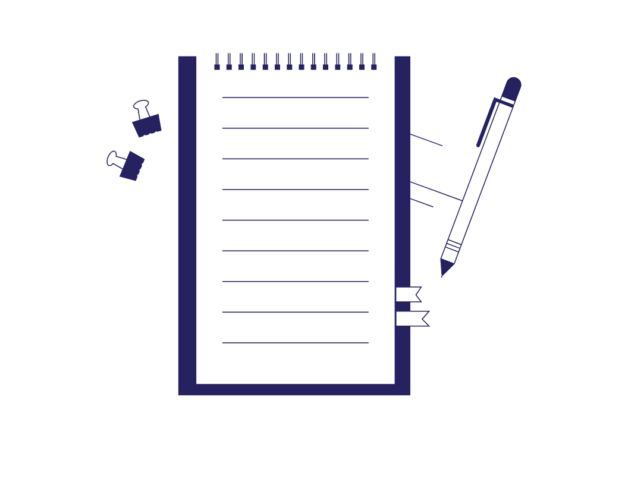
-
2-minute read
-
23rd September 2023
Should a Comma Go Before or After “But”?
The dos and don’ts of commas can be confusing – especially when it comes to conjunctions like but. Whether a comma should go before or after but depends on the specific sentence and the context in which it’s used. In this post, we’ll discuss when to use a comma with but and demonstrate with some examples.
Comma Before “But”
But is most commonly used as a conjunction that introduces a contrast or exception to what has been previously stated. It often indicates a contradiction or shift in thought. Use a comma before but when it connects two independent clauses (parts of a sentence that could stand alone). For example:
It was snowing, but they decided to go outside.
I wanted to go to the movies, but I didn’t finish my homework.
Note that you should only use a comma when connecting two independent clauses. Don’t use a comma before but if what follows could not stand alone as a complete sentence. For example:
In the first example, a comma is needed before but because what follows is a complete thought with a subject and predicate. In the second example, the phrase “but left early” is not an independent clause so no comma is needed.
Find this useful?
Subscribe to our newsletter and get writing tips from our editors straight to your inbox.
Subscribe to Beyond the Margins and get your monthly fix of editorial strategy, workflow tips, and real-world examples from content leaders.
Comma After “But”
If but is used within a sentence to set off a parenthetical clause (a phrase that adds extra information but isn’t essential to the sentence’s meaning) or an interrupter, a comma is used after but. If what follows is an independent clause, then a comma is used before and after but. For example:
He said I didn’t want to go, but, in fact, I did.
She was exhausted, but, determined to finish the project on time, she worked late into the night.
They had planned to go to the beach but, due to the sudden storm, they decided to stay home.
Note that it’s not strictly necessary to use commas to set off short phrases like “of course,” “in fact,” or “unfortunately” if they are an essential part of the sentence. When deciding whether to use commas in these situations, it’s good practice to consider the clarity of your writing and whether commas would enhance or disrupt the overall flow of the sentence.
Expert Proofreading Services
Ensure your commas are always in the right place by having your work proofread by our experts. Send in your free sample today!